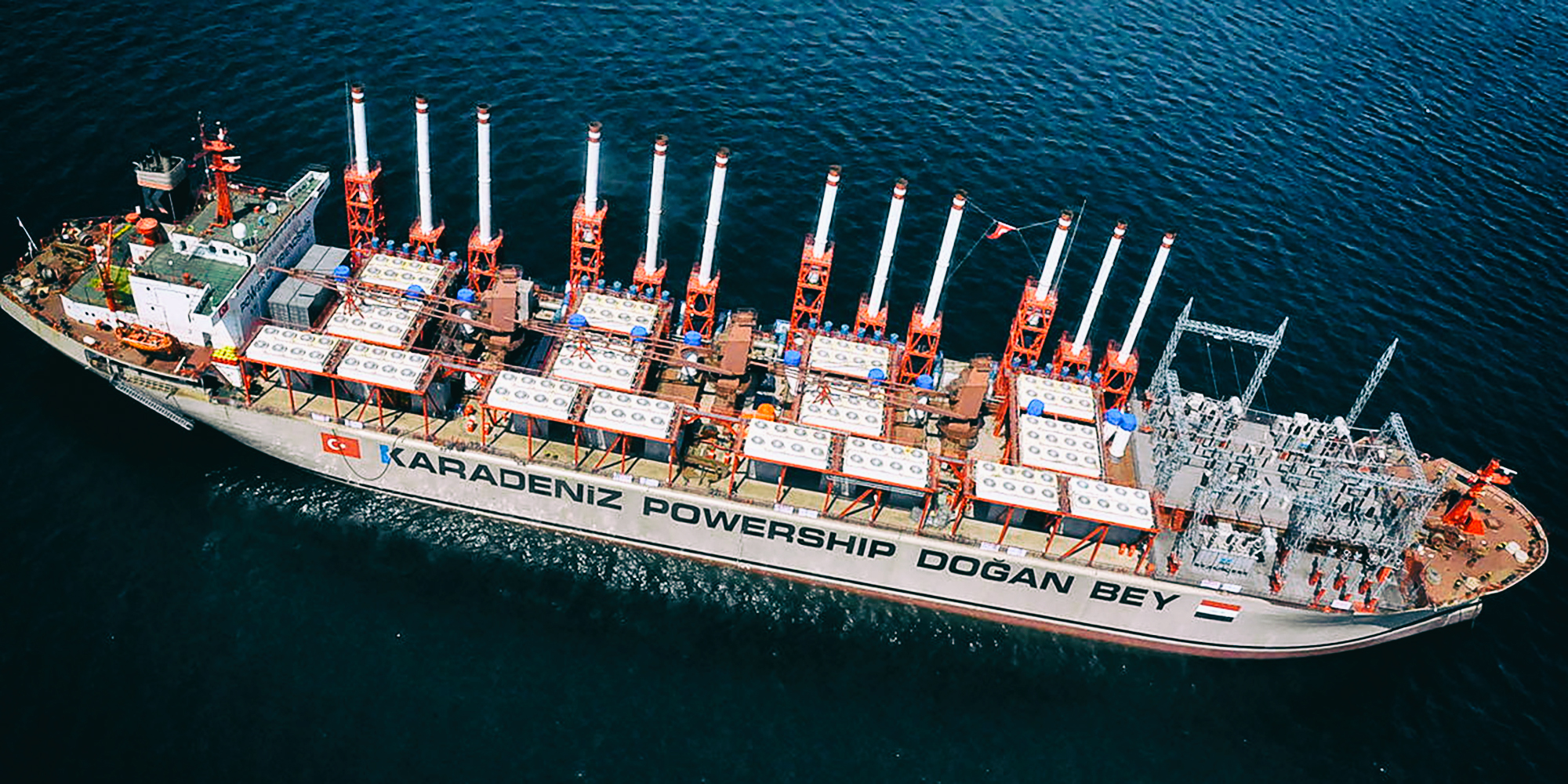Yet again, pressure from civil society groups and the public has saved South Africa from the edge of a precipice.
It is not hard to fathom the disaster the country would be in if the controversial Karpowership electricity deal went ahead.
Taxpayers would be on the hook to pay Turkey-based Karpowership as much as R10.9-billion a year to moor its power ships in three South African ports (Gqeberha, Richards Bay, and Saldanha) and provide up to 1,220MW of electricity.
To recap: Karpowership operates a fleet of floating power ships that use gas as fuel to generate electricity, which can then be fed to the national grid via cables or transmission lines to substations on the shore.
Karpowership was pushing for a 20-year contract at a cost of R200-billion over the period. Meanwhile the government, only in recent months, was prepared to settle for a five-year contract. Even for a shorter contract period, taxpayers would fork out a hefty R55-billion to Karpowership South Africa, the local arm of Turkey-based conglomerate Karadeniz Holding.
South Africa’s electricity needs and outlook have changed drastically, calling into question the merits and rationale of the Karpowership deal.
The electricity crisis has faded, as seen in the country enjoying more than 200 days without Eskom blackouts. Considering that Eskom is preparing to announce the permanent end of blackouts by March 2025, the Karpowership deal is now moot, and it would have been odd if the government had pressed ahead with it.
The government has ditched the Karpowership deal, thanks to dogged pressure and successful court cases lodged by civil society groups, including the Organisation Undoing Tax Abuse, Green Connection and the Centre for Environmental Rights, over the past three years. These groups challenged the Karpowership deal on the grounds of tender awarding irregularities and environmental concerns, especially the impact of power ships on local fishing communities.
If they had not mounted legal challenges, the government would now be stuck with excess electricity while paying billions of rands for it. This would undermine ongoing efforts to cut government expenditure and rein in spiralling public debt.
The energy landscape is changing fast with cheaper sources of electricity.
‘Cheap electricity'
Since the Department of Mineral Resources and Energy clinched a deal with Karpowership in December 2019 to provide 1,220MW, the company has repeatedly claimed that its selling point was cheap electricity that it could sell to Eskom. Recent figures to back this claim are not available.
The Karpowership bid price in April 2020 was about R1.50/kWh, roughly in line with the prices of solar, wind, and diesel projects approved at the time. However, the Karpowership bid price depends on volatile movements in the dollar-rand pair and international gas prices, making it susceptible to fluctuations. The situation today is markedly different as prices for solar and wind have dropped, making them cheaper and reliable sources of electricity.
While Minister of Energy Kgosientsho Ramokgopa recently declared that the Karpowership deal was “dead in the water”, there are several questions to ask before moving on from this chapter. The questions include whether the deal is truly off the table considering that the government is still opposing pending court cases brought by civil society groups, which seek to make public the terms and conditions tied to the Karpowership deal.
Why did Ramokgopa and Gwede Mantashe, the Minister of Minerals and Petroleum Resources, defend the dubious Karpowership deal when it didn’t make financial and energy security sense? Ramokgopa and Mantashe, now part of the Government of National Unity (GNU), defended the deal when they served under the sixth administration.
In May 2023 (before the GNU), Ramokgopa, Mantashe and even President Cyril Ramaphosa signalled their support for the Karpowership deal, saying South Africa should be open to any opportunity to generate additional megawatts to deal with the crippling energy crisis at the time.
As the then Mineral Resources and Energy Minister with policy and legal powers to procure additional energy, Mantashe said: “We have seen Karpowership working in other countries but here [in South Africa] they are not allowed. We must have Karpowership plants to deal with load shedding… We are ready to participate in the emergency procurement which was blocked by environmentalists.”
Ramokgopa was more measured than Mantashe, saying South Africa should work with Karpowership if its commercial terms were right, mainly opting for a three or five-year contract, instead of the 20 years that Karpowership was banking on.
Granted, the energy situation looked precarious in May 2023, prompting Mantashe and Ramokgopa to be desperate for more megawatts into the grid, regardless of the source. Last year, stage six Eskom blackouts were the norm and an additional 500MW to 1,000MW could have made a difference in lowering blackout stages and saving the economy from falling off the rails.
However, many experts warned Mantashe and Ramokgopa that SA’s energy needs would change over the next one to three years owing to the maturity and explosion of the renewable energy industry. The experts were right. One wonders how much taxpayer money was wasted by the government in defending Karpowership — inside and outside of the courts — only for the deal to later be scuppered.
Lawyers and energy advisers to ministers have probably walked away rich. DM





